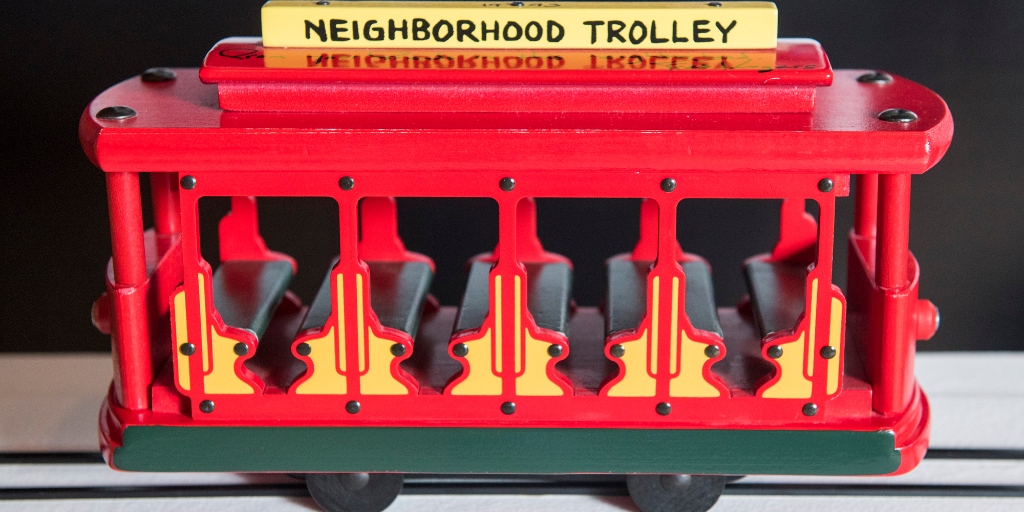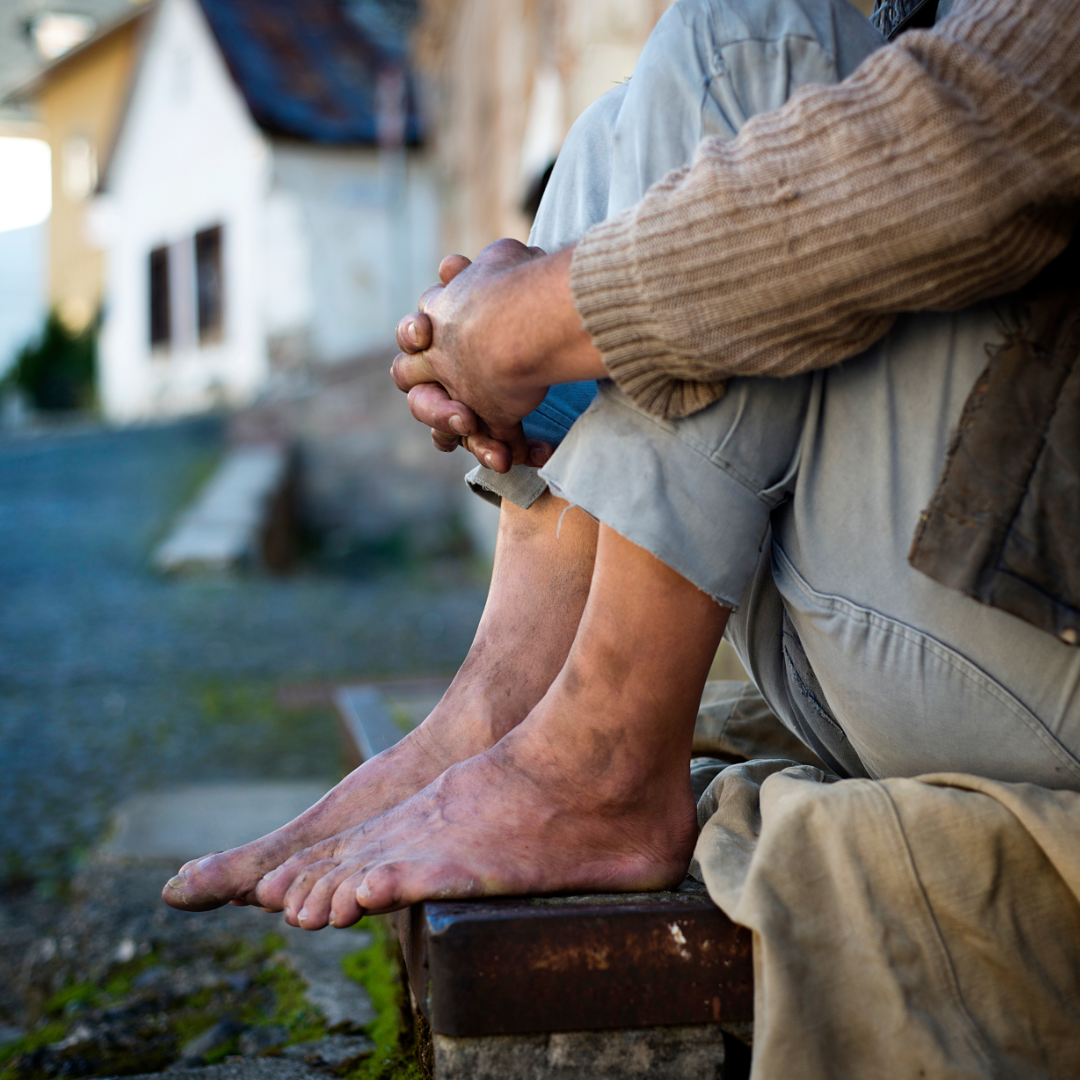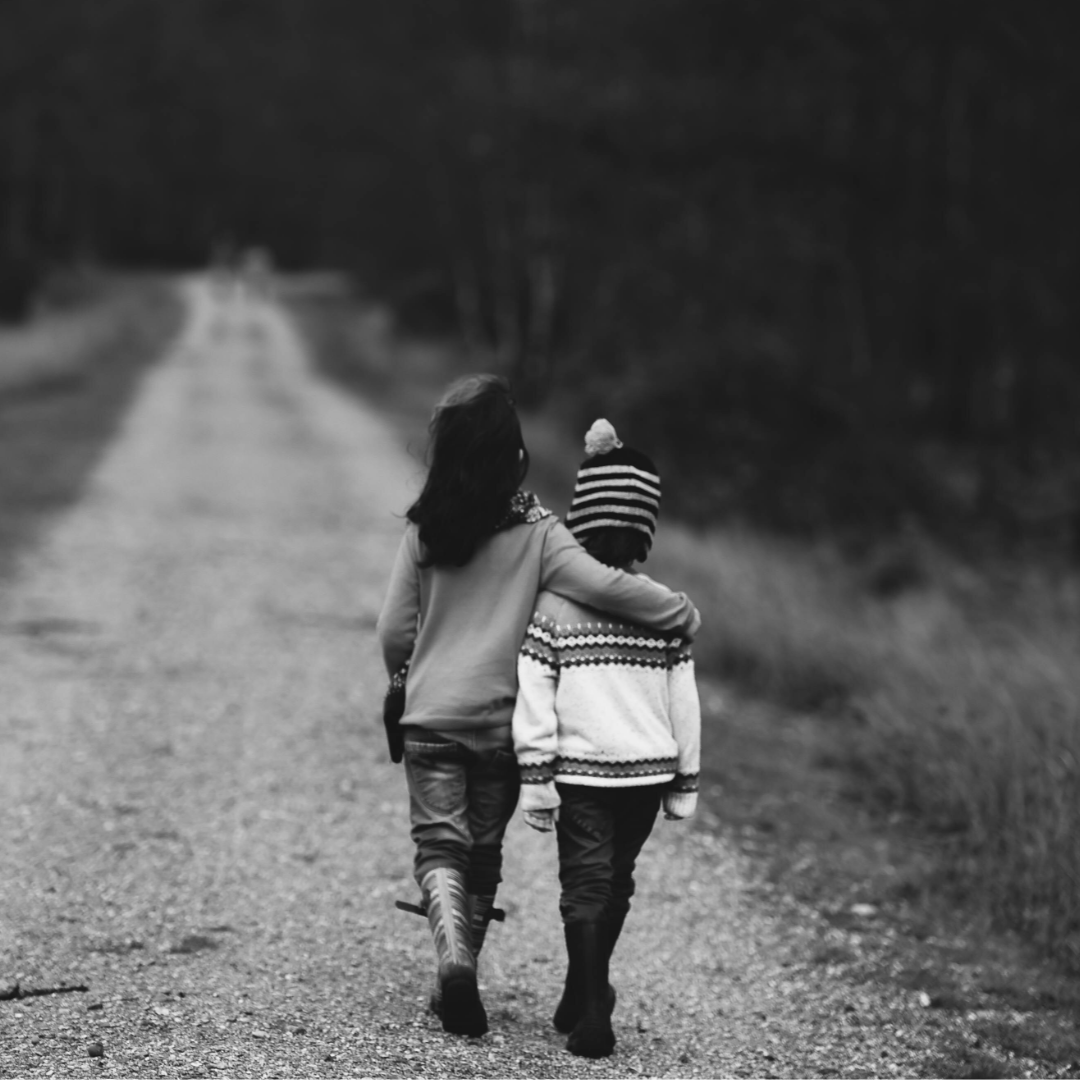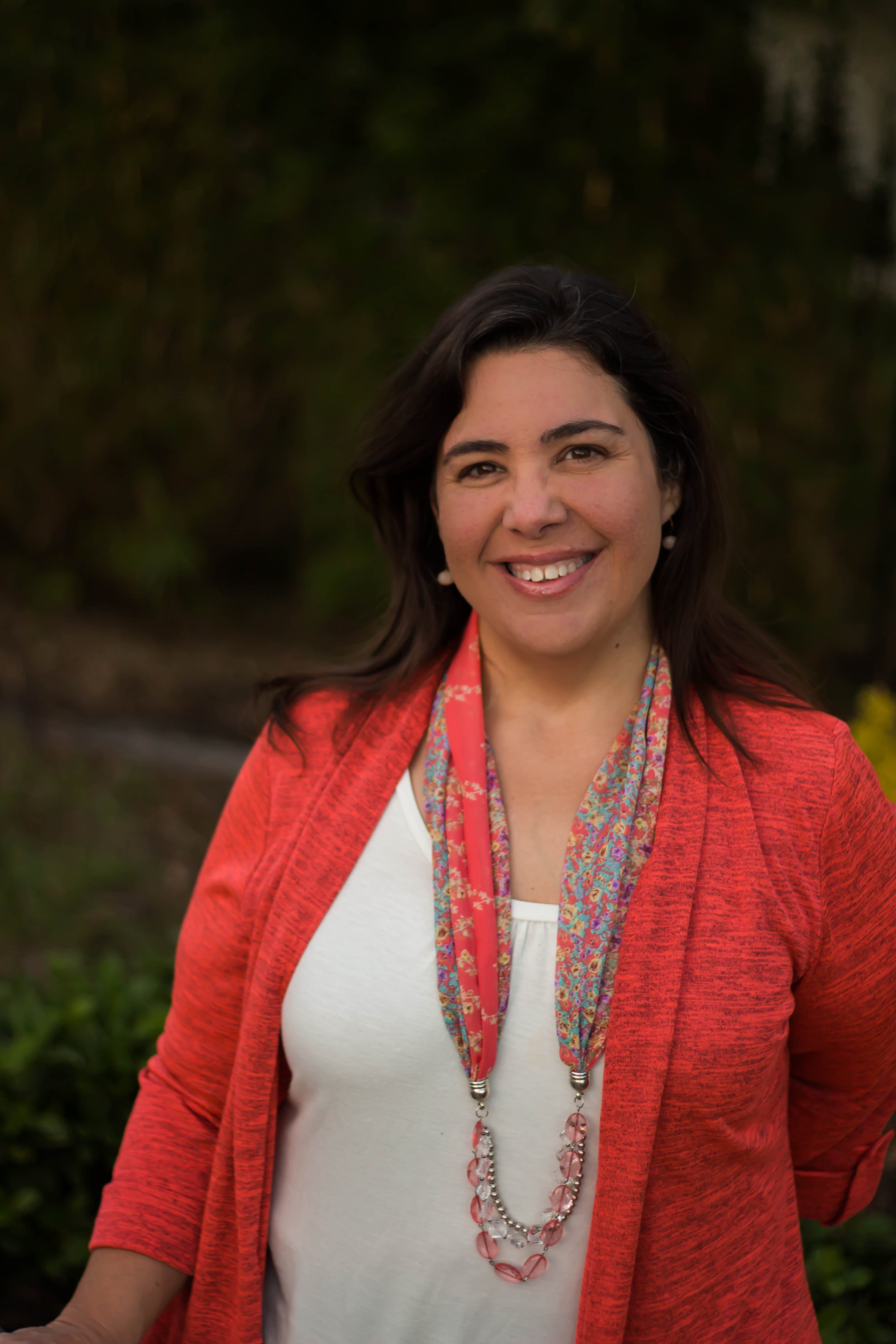
Ivonne J. Hernandez found great wisdom in the story behind a beloved children's show.
I was watching a show earlier about the life of Fred Rogers, the beloved Mr. Rogers of Mr. Roger's Neighborhood, and I was deeply moved by this man's life. He was deep, caring, compassionate, intentional, and above all, he was kind.
Bullied as a child for being shy and overweight, he was told by the grownups in his life to act like it didn't bother him. Even as an 8-year-old, he knew that this was wrong.
He was angry and sad that the bullies couldn't see past his shortcomings to see him, and he felt sad when his parents didn't acknowledge his experience. After many years of feeling sad over this, his faith brought him to a decision. He decided he would always look for the essential in each person.
Two of his most famous quotes, "I like you just the way you are" and "The greatest gift you ever give is your honest self," describe how he loved his neighbor as himself. He cared, he listened, he connected. He brought Jesus Christ to the world, not by talking about Him necessarily, but by how he lived … by how he loved.
Be kind to one another, compassionate, forgiving one another as God has forgiven you in Christ. (Ephesians 4:32)
It is easy to forget the importance and power of kindness. It is often difficult to be kind to someone who has hurt us or those we love. Being compassionate to someone who rubs us the wrong way is challenging. Being kind, compassionate and forgiving towards someone we like is much easier.

Yes, there are people whose nature attracts us less than others; this does not mean that the act of liking someone is outside of our control. When we experience feelings of antipathy or even disgust towards a person, we still get to choose how we respond.
"Look for the essential in each person." What a simple yet profound idea.
Click to tweet:
It is easy to forget the importance and power of kindness. #catholicmom
How do we find the "essential" in the other? By entering into a relationship with them—by being present to them and listening to their story.
If a friend is rude to us, but we know they just lost a loved one, we are more inclined to give them a pass. When we understand the "why" behind someone's actions and the pain motivating the undesired behavior, we do not take things personally and can see the situation as it really is. We can refrain from putting up walls and instead reach out to the one in front of us.
When we look out and truly see, we won't see a monster threatening our very existence but our crucified Lord calling out for us. We will see Jesus thirsty, naked, imprisoned, lonely, mourning, or hungry.
When we meet the human needs of others with kindness and compassion, we will find that the essential in them will shine more brightly. When we see that reflection of God in the other, we can then join Fred and say, "I like you just the way you are. Won't you be my neighbor?"

Copyright 2022 Ivonne J. Hernandez
Images: LBJ Library from Austin, Public domain, via Wikimedia Commons; all others Canva
This article was first published in the Elisheba Blog: Won't You Be My Neighbor - ELISHEBA HOUSE and is published here with permission.
About the Author

Ivonne J. Hernandez
Ivonne J. Hernandez is a Catholic wife, mother, writer, and speaker. She pursued a career in Computer Engineering before becoming a stay-at-home homeschooling mom to her three boys. She is a Lay Associate of the Blessed Sacrament, president of Elisheba House (non-profit Catholic media apostolate), and author of The Rosary: Eucharistic Meditations. For more information visit ElishebaHouse.com. Follow Ivonne on Facebook and Instagram.


.png?width=1806&height=731&name=CatholicMom_hcfm_logo1_pos_871c_2728c%20(002).png)
Comments